Brexit: 'An unprecedented geopolitical shift'
- Published
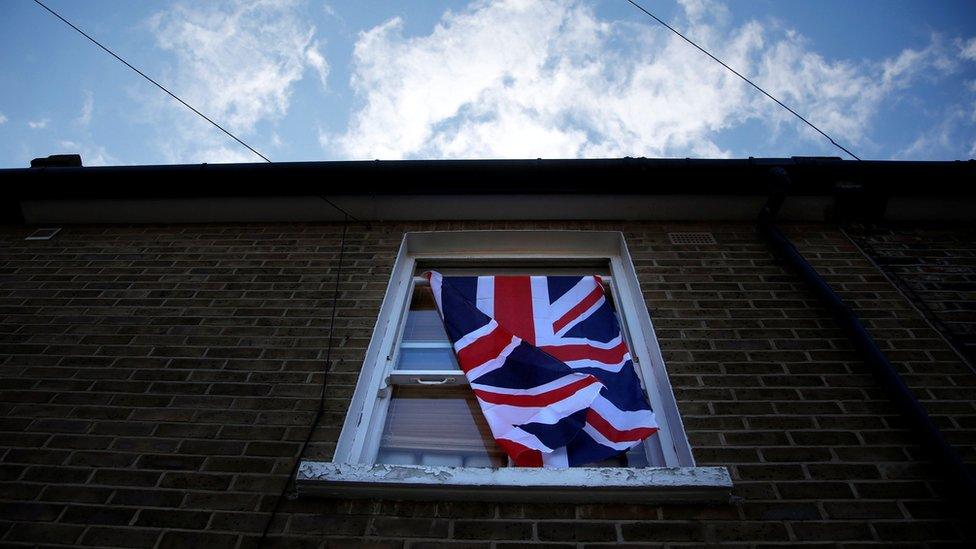
Europe has been a central pillar of British foreign policy for more than 40 years
Historian and constitutional expert Lord Peter Hennessy looks back at British history to evaluate the significance of the referendum result. The Attlee Professor of Contemporary British History at Queen Mary University of London was speaking to the BBC's Diplomatic Correspondent James Robbins.
Never in our peacetime history have so many dials been reset as a result of a single day's events.
The only thing comparable in my lifetime is the end of the British Empire, which, like this, was a huge geopolitical shift. But getting rid of the British Empire was done over many, many years and by and large in the time control of the British government of the day. It left very few scars on us.
But this is sudden. This is guillotine time. This is quite extraordinary and in peacetime British history quite unprecedented.
If we go back to the beginning, it took three attempts for Britain to join the European project.
Harold Macmillan steered his cabinet towards the first application to join the European Economic Community in July 1961, an effort which failed because of opposition from French leader Charles De Gaulle.
During Harold Wilson's second application in 1967, The Labour prime minister said we wouldn't take 'no' for an answer and ended up getting exactly that again from General De Gaulle.
Ted Heath finally pulled it off with President Pompidou and the law was passed in 1972, leading to our admittance in January 1973.
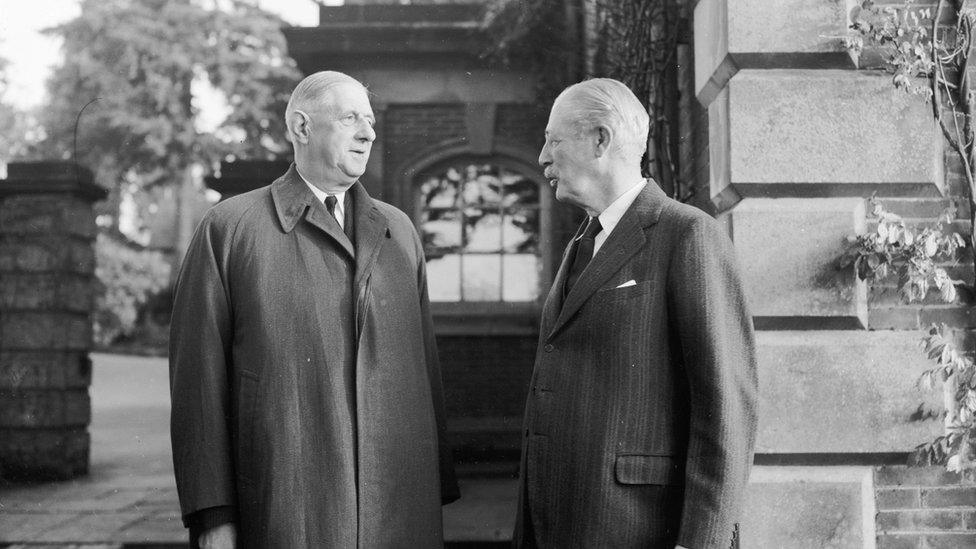
Charles De Gaulle (left) opposed Harold Macmillan's early efforts for Britain join the European Economic Community
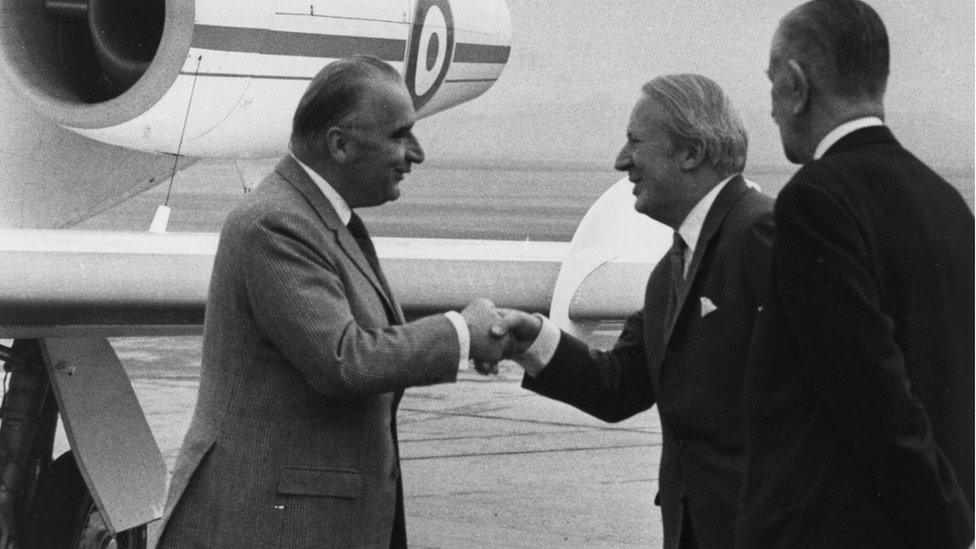
PM Edward Heath had better luck with French leader Georges Pompidou more than a decade later
Ever since then it's been part of the warp and woof of British foreign policy and our attitude towards the world. It's part of Britain's notion of its ability to punch heavier than its weight internationally, and it has been central to so many calculations.
That's why this vote is the most remarkable jolt to the system. Where it leads in terms of the psychology of British politics as well as the personnel of British politics and indeed the very survival of the United Kingdom as a union with Scotland is all up in the air.
There never has been a day when so many moving parts were thrown up in one go and nobody knows where they will fall.
We know one thing and one thing only - that within a few years we shall no longer be a member of the European Union.
We know so little else about how it will play out, both in terms of the emotional geography of our politics and the emotional geography of our people.
The referendum has revealed deeper fissures and deeper divisions than perhaps we realised were there.
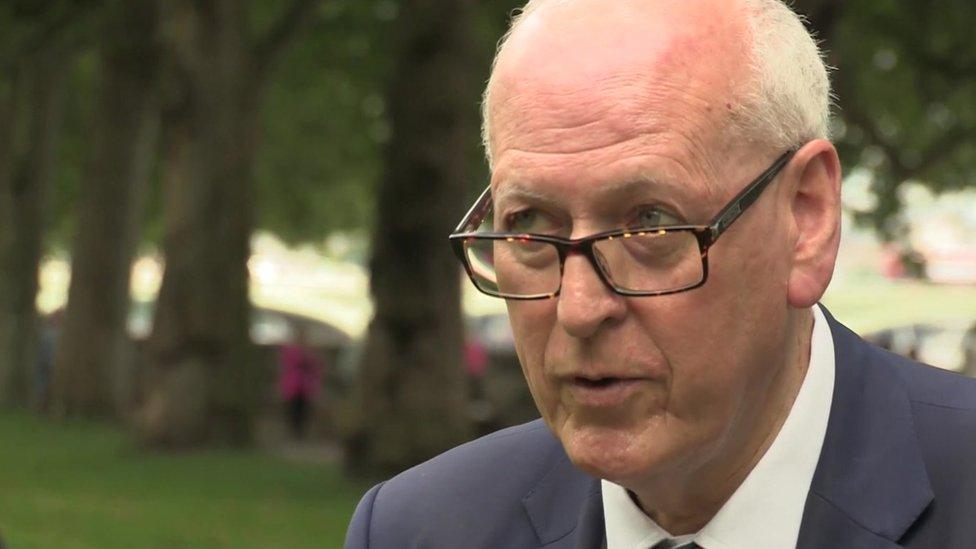
Lord Peter Hennessy: 'This moment is comparable to the end of the British empire'
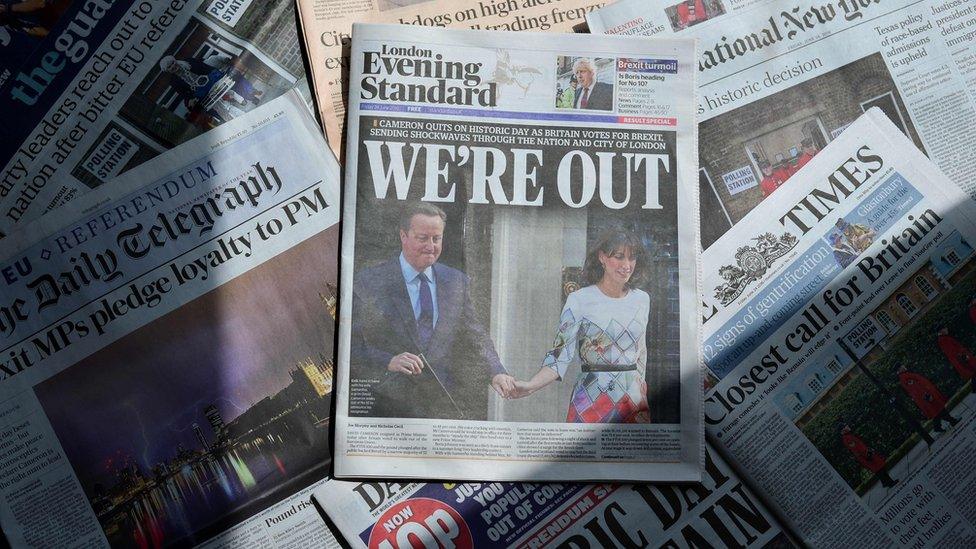
The Brexit result has turned British politics on its head
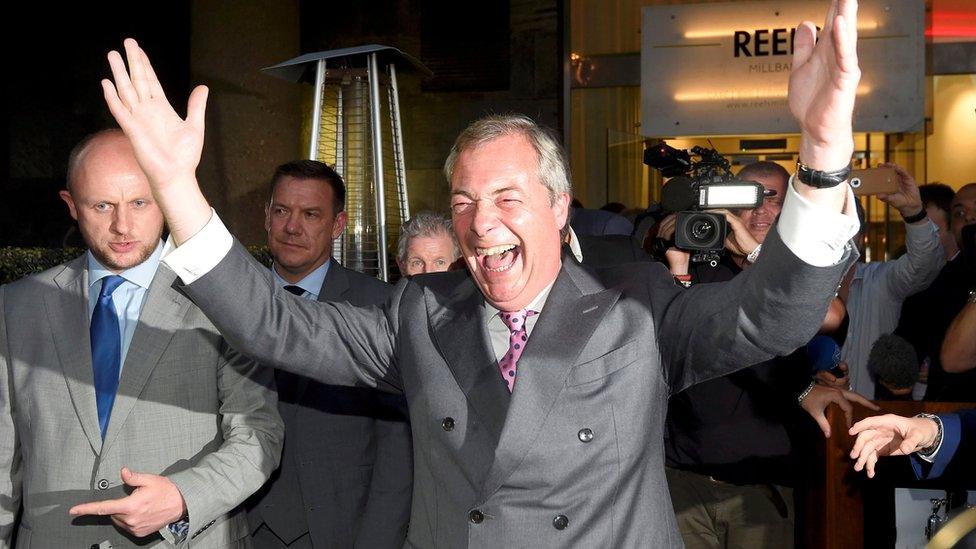
UKIP leader Nigel Farage declared the result represents 'independence day' for Britain
We know we've been a country ill at ease with itself for a very long time, with all sorts of divides, including those based on geography and wealth.
But this process has thrown it into stark relief, and we're going to have to stand back and take a long and careful look at ourselves.
We will need to re-examine the kind of society we are and the kind of relationships we want in the world.
'US will be horrified'
Looking to our relationship with the United States, ever since the Marshall Plan brought the Western European countries together after the Second World War to put a dollar curtain up against the Iron Curtain of the Soviet Union, the US has wanted us to be a good European player.
They have also wanted us to be their number one friend. We were meant to be the hinge that joined the North Atlantic instinct with the European instinct.
For this reason they will be horrified by this result. Their notion of who we are and the special ingredients of our special position in the world will be as much affected as we are by this.
I suspect the feeling will be that they've got enough to worry about in the world with a resurgent Putin and Middle East in the state it is without their one dependable ally causing all this trouble.
They will see Britain - instead of being its usual force for stability in the world as a great and mature democracy - as a bringer of instability to Europe, and they won't like it one bit.
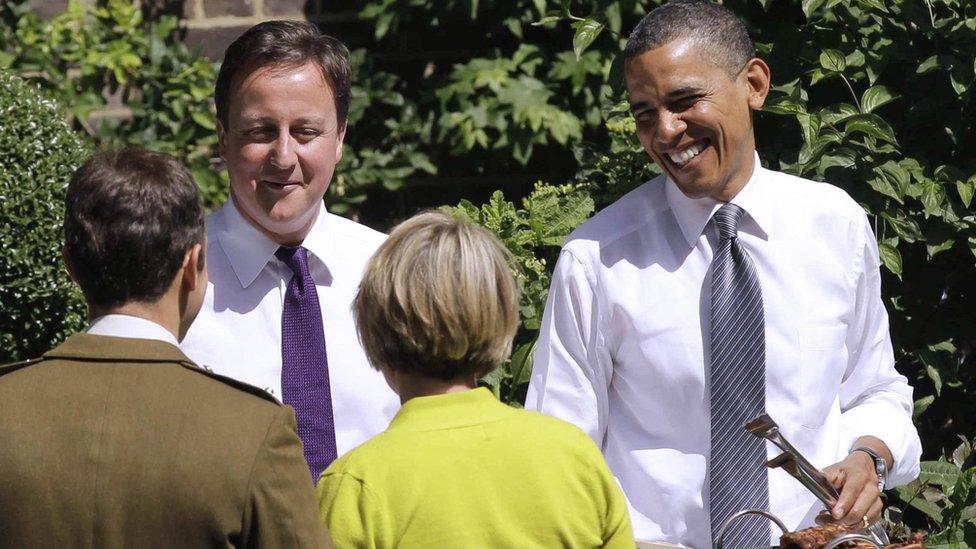
The US sees Britain as an essential link to Europe
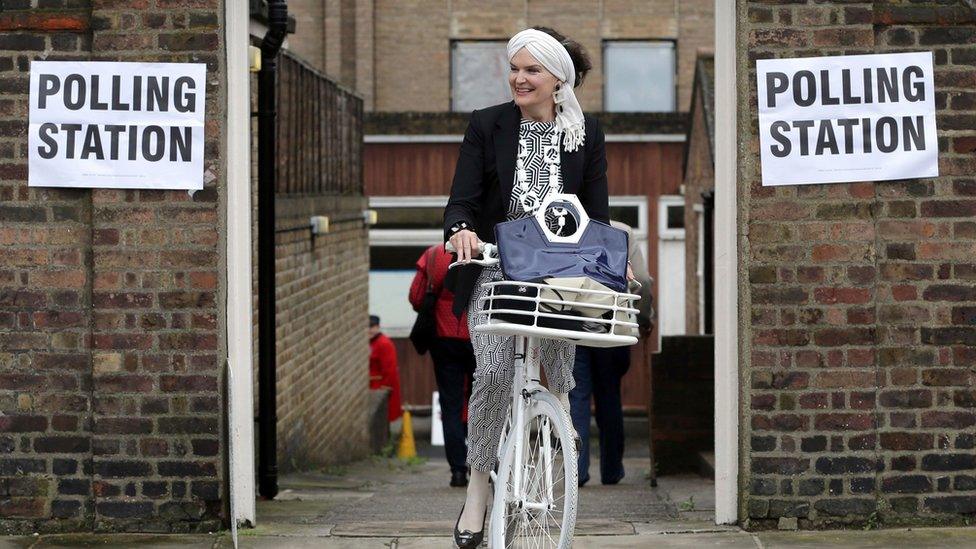
The voting turnout was 72.2% in Thursday's referendum - much higher than during a general election
This result, on the other hand, is, of course, a victory for democracy. The greatest strength of any country is the degree to which it is an open society and this vote showed that on that index we excel.
The sovereign will of the British people is what has prevailed in producing this enormous geopolitical shift. So it's three cheers for democracy and for the 72.2% voter turnout rate.
While the consequences of it are very complicated, the will of the people will obviously have to be respected.
But, my heavens, it becomes a nitty gritty slog from now on. In particular, the long-term consequences for our place in the world are very considerable indeed.
In 2025, we will be out of the European Union and we could be shorn of Scotland. We will be a very different country.
I hope to heaven - because I love this country deeply - that it doesn't turn narrowly inward-looking and resentful.
That ain't what the British people are for.